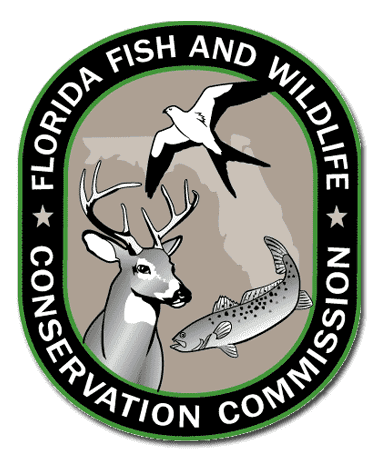Warm Weather Means Active Alligators, Crocodiles in Florida

As the weather has heated up, so too have Florida’s alligator and crocodile activities, and the Florida Fish and Wildlife Conservation Commission (FWC) reminds Floridians and visitors to be cautious when having fun in and around water.
Florida is home to two native crocodilians: the American alligator, which is found in all 67 counties; and the American crocodile, which may be found in coastal areas of the Keys and in southeast and southwest Florida. Both species have shared Florida’s waters with people for centuries.
The FWC recommends keeping pets away from the water. There are other precautionary measures people should take to reduce the chances for conflicts with alligators and crocodiles, and they are available in the Living with Alligators brochure at MyFWC.com/Alligator and the Living with Crocodiles brochure at MyFWC.com/Crocodile.
The FWC advises, if you have concerns with an alligator or crocodile that poses a threat to you, your pets or property, call the FWC’s Nuisance Alligator Hotline at 866-FWC-GATOR (392-4286).
Alligators and crocodiles are an important part of Florida’s heritage and play a valuable role in the ecosystems where they live. For more information on alligators and crocodiles, visit MyFWC.com/Alligator.

